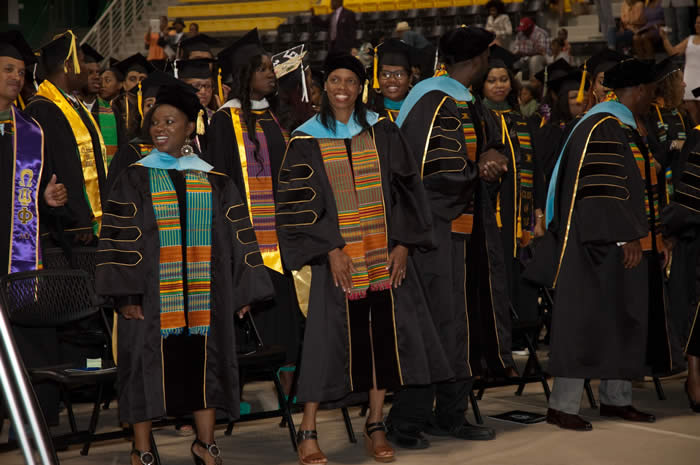My senior brothers Dr. Prosper Yao Tsikata and Dr. A. Kobla Dotse have authored this groundbreaking investigative research report on the problem of fake honorary doctorate degrees and accreditation challenges associated with higher education in Ghana. On 28 July 2016, the over 50-page report together with summary presentation slides and a four-page policy brief (for the non-academic audience), was presented to the Deputy Chief of Ghana’s Mission in Washington DC, Mr. Skido Achulo, for onward transmission to the Minister of Education, Professor Nana Opoku Opoku-Agyemang.
Our findings indicate that some of the institutions in question are in breach of the NAB’s instrument of authority, while others have acquired NAB’s accreditation under questionable arrangements. The report further indicates that two categories of individuals are identifiable in these accreditation controversies. While one group views higher academic qualifications as career tools, the other considers honorary degrees/awards as status symbols for self-actualization and a seal for the legitimization of their place of honor in the public’s eye. An uncritical-propaganda-dogged media coupled with an unquestioning public continues to fuel the practice.
Our examination of the public records indicates that over 30 Ghanaians have been awarded these honorary doctorate degrees from three institutions with questionable backgrounds in the past 2-3 years alone. Other have also earned questionable academic degrees from other questionable institutions. The institutions that caught our attention are as follows:
- Atlantic International University, Honolulu, Hawaii
- Dayspring Christian university of Mississippi and local affiliates the Global Center for Transformational Leadership and Pan African Clergy Council
- Almeda College/university, Atlanta, GA; European-American University, Commonwealth of Dominica and affiliates in Lagos, Nigeria
- American Century University, Albuquerque
- Thomas A-Bucket University Canterbury, Kent, UK. Affiliates: Pan African Mission Association, Lagos, Nigeria, and African Institute of Technology, Nigeria
- Swiss Management Center (SMC), Zurich, Switzerland
- University of Dublin, California
- The Commonwealth University and the London Graduate School
NB: I’d entreat you to please find time to read and share the published report and the recommendations on how to deal with this canker. You can send it to your Parliamentarian (one of your 275 parliamentarians) and ask him/her to write a one-page reflection paper on where they stand on these issues and let’s see how they respond.

